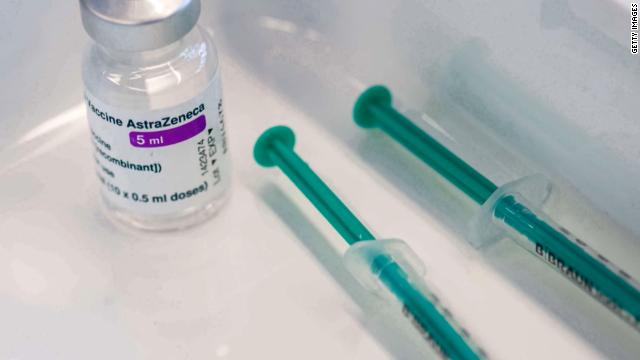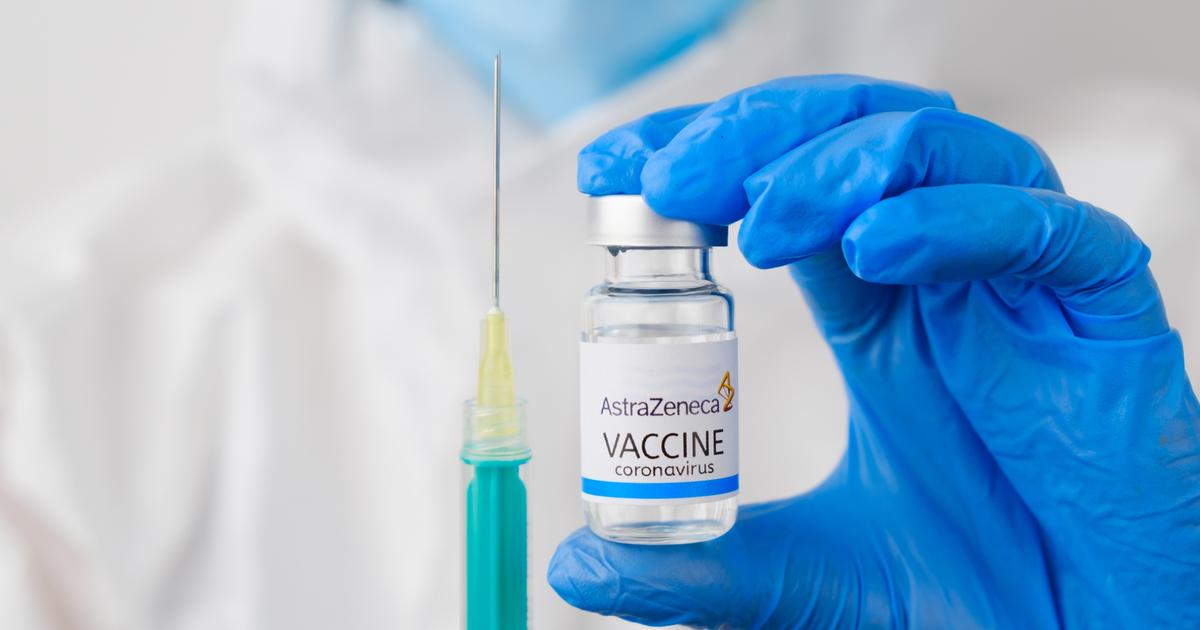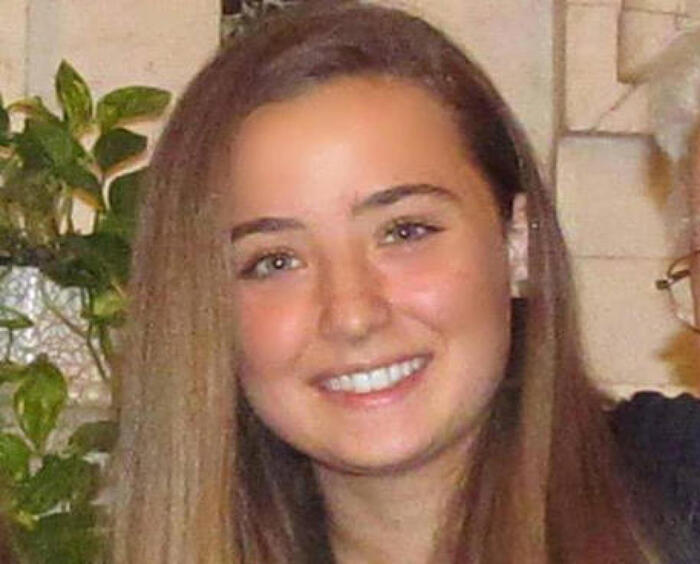Why should those vaccinated with AstraZeneca not worry?
26:03
(CNN) -
Pharmaceutical giant AstraZeneca has updated its data on how its coronavirus vaccine works.
On Wednesday night it reported that the biologic showed 76% efficacy against symptomatic coronavirus disease and 100% efficacy against severe or critical illness or the need for hospitalization.
The vaccine was 85% effective in preventing symptoms in volunteers 65 and older, the company said.
The numbers are not much different from what the company published in a statement Monday.
As with the data for that day, the company has released it through a press release and not in a peer-reviewed report or as a formal submission for review by the US Food and Drug Administration.
'The main analysis is consistent with our previously published interim analysis and confirms that our COVID-19 vaccine is very effective in adults, including those over 65 years of age.
We look forward to showing our regulatory filing for the Emergency Use Authorization in the United States and preparing for the launch of millions of doses nationwide, ”Mene Pangalos, the company's executive vice president for biopharmaceutical research, said in a statement.
Dr. Huerta explains how they monitor vaccine safety 1:02
On Tuesday, the independent Data and Safety Monitoring Board (DSMB), which reviews data from multiple vaccine candidates, raised concerns about AstraZeneca's announcements of its latest findings and, unusually, the National Institute of Allergy and Infectious Diseases publicly announced those concerns.
"DSMB expressed concern that AstraZeneca may have included outdated information from that trial, which may have provided an incomplete view of the efficacy data," said NIAID, which helped AstraZeneca conduct trials in the US.
advertising
"We urge the company to work with DSMB to review the effectiveness data and ensure that the most accurate and up-to-date effectiveness data is released as soon as possible."
On Monday, AstraZeneca said its COVID-19 vaccine was 79% effective against symptomatic illnesses and 100% effective against serious illnesses and hospitalizations.
The trial of 32,449 volunteers in the US, Peru and Chile showed that people who received the vaccine were 76% less likely to have any coronavirus symptoms compared to one-third of participants who received a placebo.
The vaccine is given in two doses, four weeks apart.
As with other vaccine trials, the company was looking to find out how many vaccinated people had COVID-29 symptoms compared to unvaccinated people.
'There were 190 cases in the primary analysis.
There are 14 additional possible or probable cases to be adjudicated, so the total number of cases and the point estimate may fluctuate slightly, ”the company said.
"AstraZeneca will also submit the main analysis for peer-reviewed publication in the coming weeks."
And as with other coronavirus vaccine trials, volunteers were not regularly screened for COVID-19, so it is not known how many may have contracted asymptomatic infections.
“A key secondary endpoint, prevention of critical or critical illness and hospitalization, was 100% effective.
Eight cases of severe COVID-19 were seen in the primary analysis with all of those cases in the placebo group, ”the company said.
"The vaccine was well tolerated and no safety issues related to it were identified."
Earlier this week, NIAID Director Dr. Anthony Fauci called the company's release of premature data an "unforced error," a sporting term that means it was his own mistake.
He told ABC's Good Morning America on Tuesday that the AstraZeneca vaccine "is very likely to be a very good vaccine," and this situation only casts doubt on vaccines and perhaps contributes to vaccinations about them.
Fauci said this was not necessary and that the data is "actually pretty good, but when they put it in the press release, it wasn't entirely accurate."
AstraZeneca, which developed the vaccine with Britain's Oxford University, has struggled for acceptance of its vaccine.
It was the first immunization in the Western world, and it came into the arms of volunteers on January 4.
But development of the AstraZeneca vaccine has run into multiple problems, from news that two volunteers developed neurological symptoms last fall to discontinuing use of the vaccine in several European countries amid fears that it could have caused blood clots. .
The European Medicines Agency later said there is no evidence that the vaccine can cause clots.
AstraZeneca








